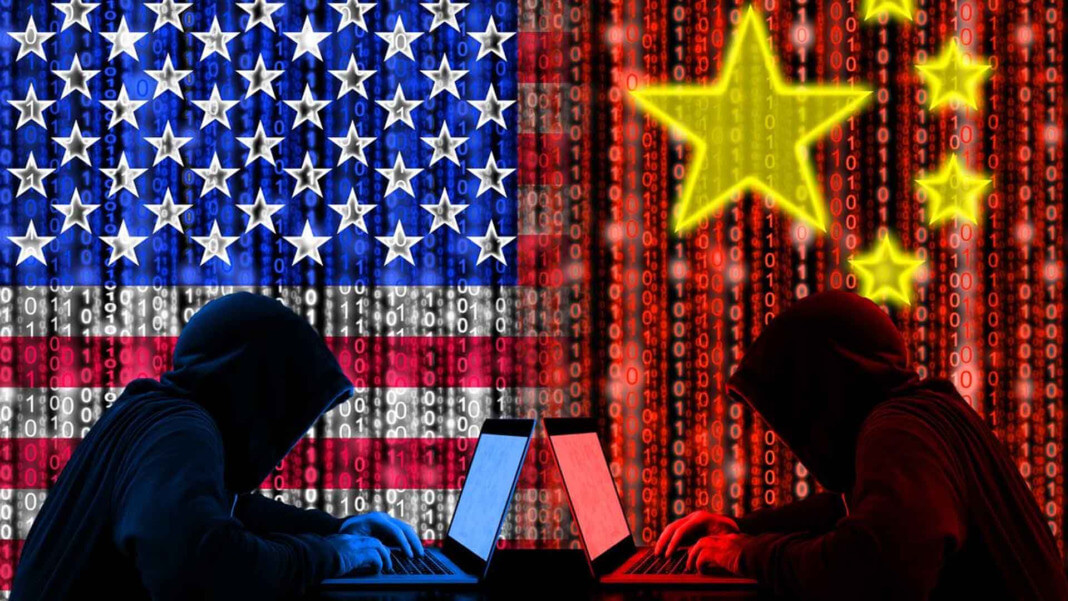China and the US have been going at each other for a while now, one standoff after another. In comparison to their tussle today, those were mere child’s play and bicker. The question today is – who is going to control the most valuable resource, big data, and how will it reshape the global economy for the decades to come.
The US has unleashed limitations upon some of China’s biggest tech firms – WeChat, TikTok and Huawei. These are just some of the popularly heard collaterals. This is only the beginning with the US’ ‘Clean Network’ initiative touted by the Trump Administration as safeguarding the privacy of both citizens’ and companies’ sensitive information against the aggressive intrusion of malicious actors. Malicious actions wherein this case it is the Chinese Government, according to the US state department. Currently, the US is pondering if he should restrict China’s access to data entirely, ranging from smart refrigerators to exercise monitors. It has then become the primary focus of both governments to protect these big data assets from falling into the wrong hands.
Why it matters?
The US-China tech war does not only affect the local businesses but countless other companies who might be fazed by the pressure to pick a side. Not to mention, geopolitics and economic afflictions brought on by the aftermath effects upon their local ecosystems. Furthermore, potentially resulting in the undoing of an economy that has grown and formed itself around an opened network, exacerbate the splintering of global supply chains and significantly reduction international commerce.
Supply chains could be thrown into disarray should China, being the behemoth manufacturer, cease supplies to other US allies or from merely having the lack of an open ecosystem between the two biggest producers of technology. Many businesses could fall victim to the long-lasting effects that could come forth this ordeal. Worryingly, other countries, such as the UK, Australia, Japan and India, are following the US and restricting access to and from China and Chinese companies.
The Trump Administration is bordering on the idea of blacklisting the Semiconductor Manufacturing International Corporation (SMIC), China’s largest chipmaker. As the US accounts for more than 50% of its business, the firm’s stock prices dipped. An earlier trade embargo was the reason behind the break-up of a profitable relationship between Google and Huawei. Huawei, a once booming smartphone business, has been heavily impacted ever since.
And just recently, US tech titan NVIDIA acquired Arm Limited to establish a world-class Artificial Intelligence research and education centre, and to build an Arm/NVIDIA-powered AI supercomputer for research purposes. Arm is the centre of almost 90 per cent of smartphones, inclusive of those made by Chinese companies; however, the good news is that NVIDIA has maintained that they will continue with Arm’s open-licensing model neutrality despite placing themselves in the crossfire of this war. Not all hope is lost!
Self-sufficiency is needed
For users in China, restricted access to content beyond China is nothing new. However, limitations and cut-offs could be sensitive for China they are faced with the scary prospect of the restriction placed upon a vast range of technology and products that are commonly used by Chinese companies, inclusive of its telecommunication flagship Huawei. If there is anything that China lacks in in terms of their technology, it is in semi-conductors. China is heavily reliant on foreign chip design and manufacturing, which is heavily dominated by the US. In response, China launched its five-year plan in hopes to reduce its reliance and vulnerability on imported technology supplies.






